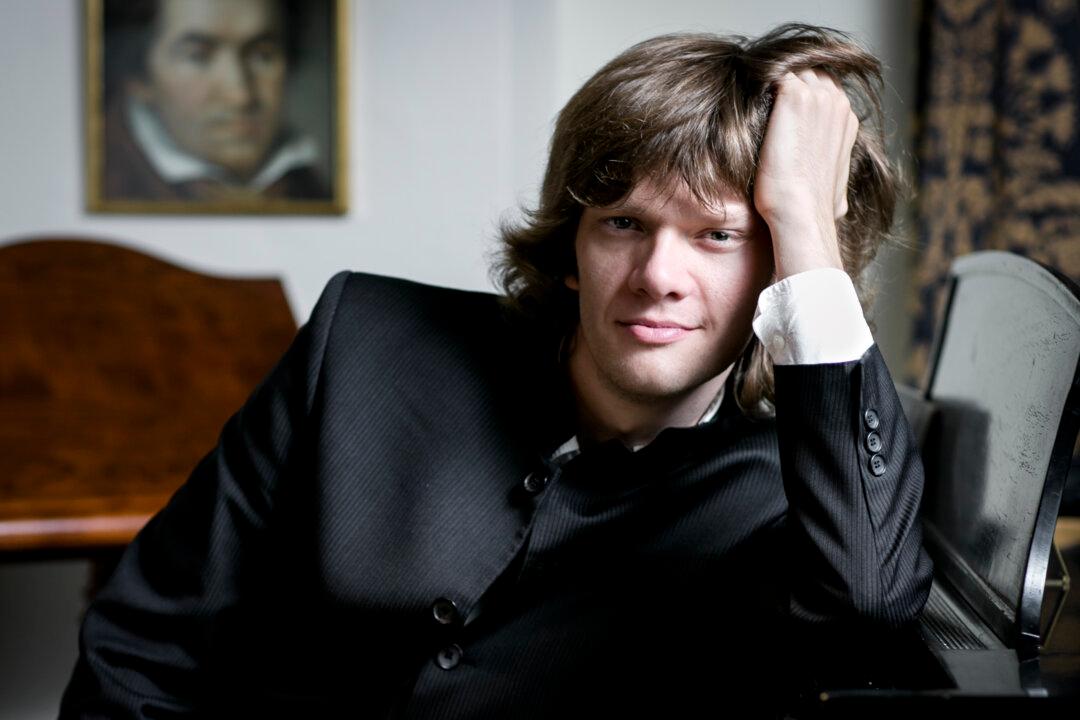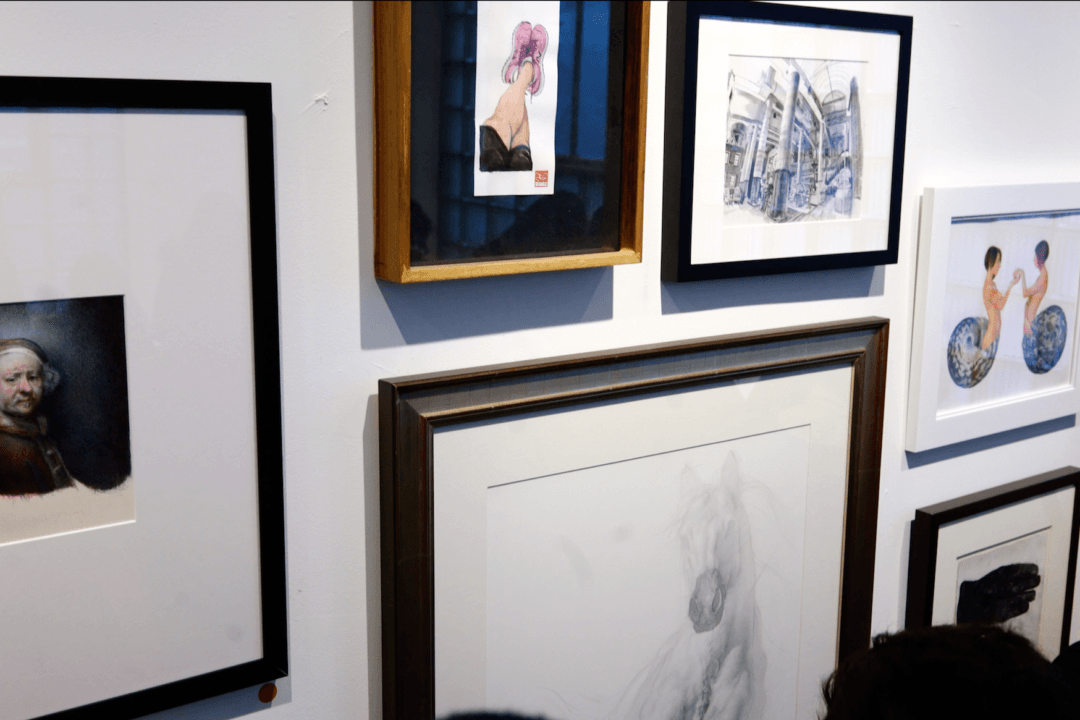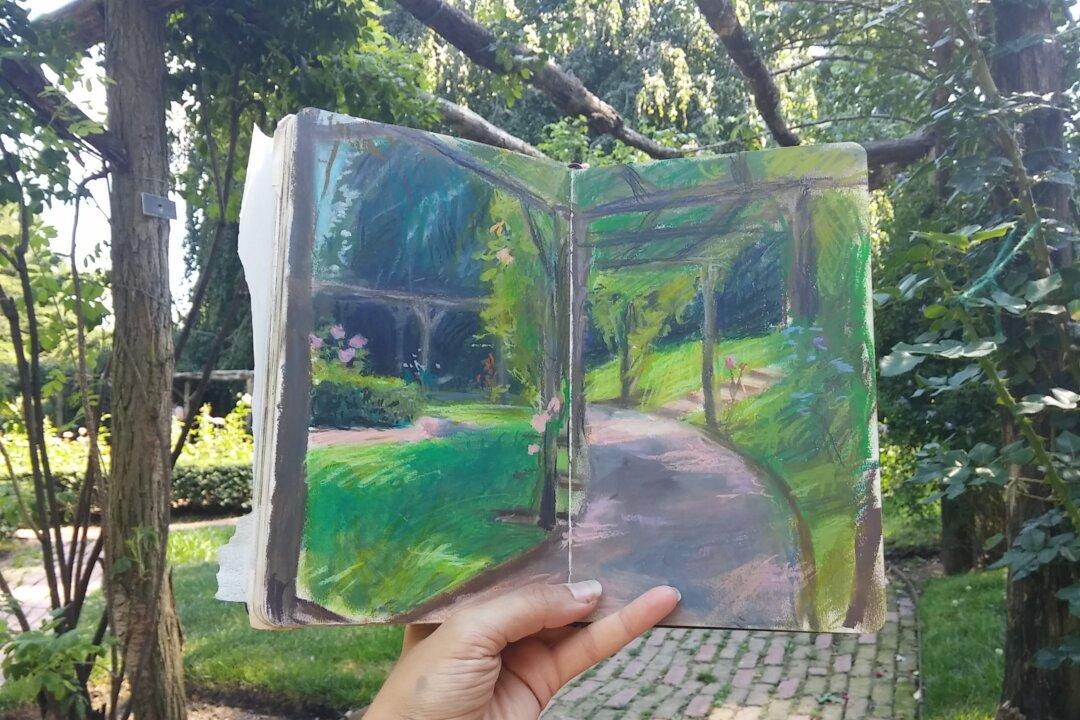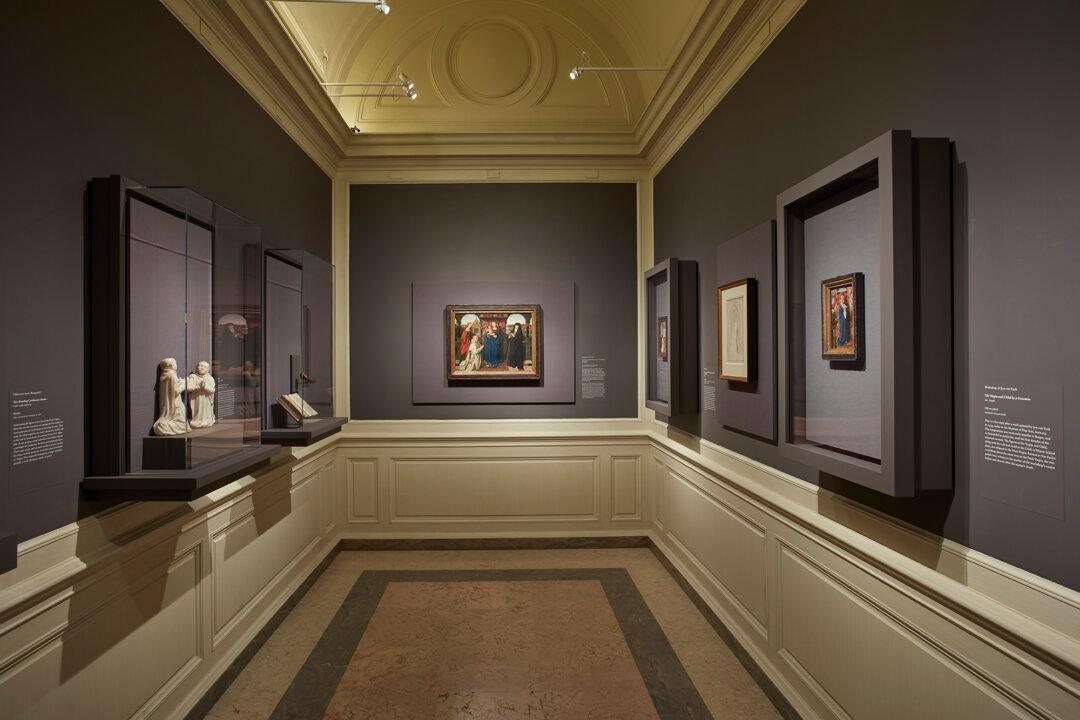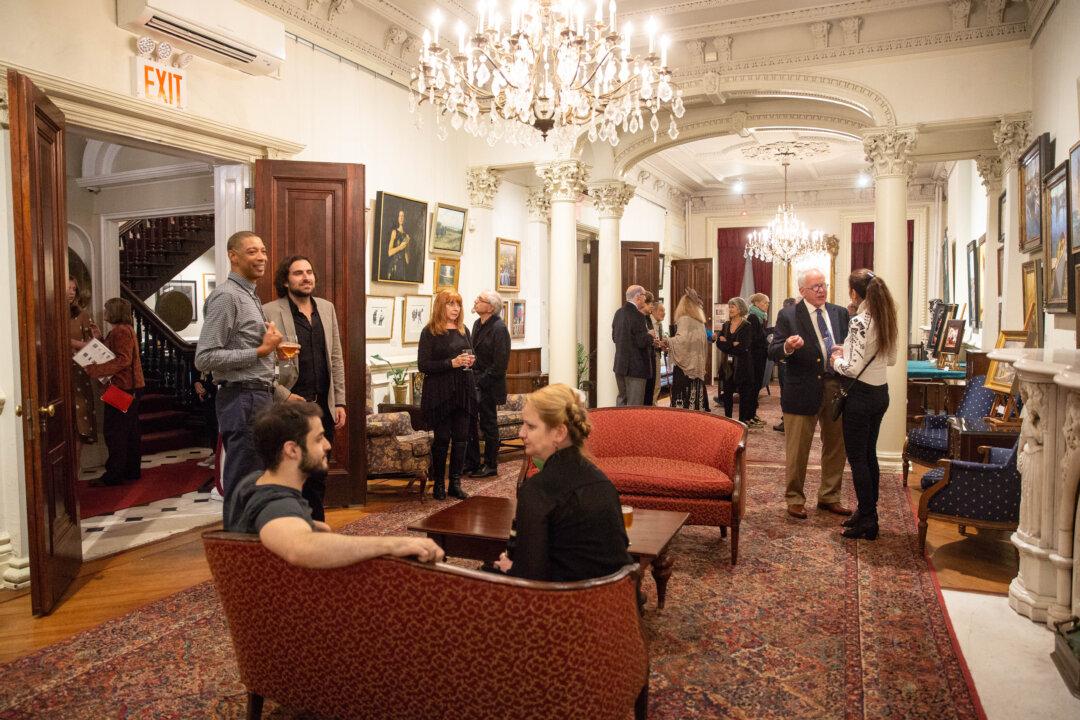NEW YORK—Having a way with tempering the passions, an especially talented musician can artfully provide that riveting catharsis we seek to experience at any concert. The Russian pianist and composer Arsentiy Kharitonov did just that to a full house at Carnegie Hall’s Weill Recital Hall on May 20. Giving two standing ovations, the audience seemed to clap in agreement that here is a young man with a strong ability to share his artistic expression, drawing from a wellspring of deep emotion.
“I have a forest fire inside,” Kharitonov said in the interview for this article. “I am speaking a language that cannot be expressed verbally. Interpreting music is a mysterious process. Sometimes I feel that I am doing something magical. We can all understand the music differently, but there are certain things that go through directly to one’s heart,” he said.
At the concert Kharitonov played the first notes of Scriabin’s Prelude in C minor attacking the piano without a moment’s hesitation. With each subsequent piece of the all-Russian repertoire—including Rachmaninoff and Tchaikovsky—he took more time to breathe before each piece, becoming increasingly at ease as he connected with the audience.


